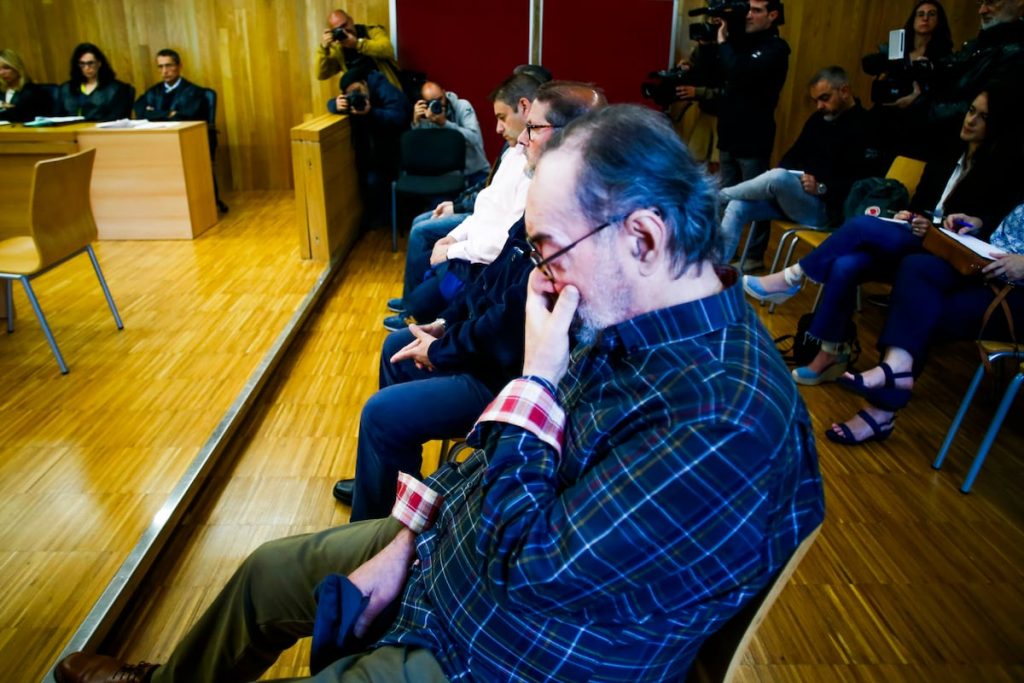The trial of the Operation Carioca in Spain has resulted in a significant leniency in the sentences for those involved in human trafficking and pimping, with the maximum sentence being only six years in prison for one of the accused. The prosecutor’s office initially sought a 21-year sentence for Armando Lorenzo, a Civil Guard officer accused of multiple crimes, including sexual assault. However, with the agreement reached between the parties, the sentences have been reduced significantly. The other accused, including three pimps, will face fines up to 2,000 euros, with no prison time. Only Julio Baquero, the head of the Women and Minors Unit, is still facing a 19-month prison sentence.
Despite nearly 16 years of investigation and appeals from anti-trafficking groups, the trial has proceeded without the participation of the City Council of Lugo or the Galician government as plaintiffs to represent the approximately 400 victims of trafficking involved in the case. Four of the accused, including the pimps José Manuel García Adán, Marcos Grandío, and Jesús Varela, have accepted plea agreements with the prosecutor, admitting their guilt. Armando Lorenzo, the main defendant, is not expected to go to prison due to his deteriorating health. The details of the plea agreements will be revealed in the upcoming session of the trial.
Julio Baquero, the only accused who has not signed a plea agreement, is set to testify during the trial. His lawyer has raised concerns about the validity of the proceedings, claiming that his client’s rights have been violated throughout the investigation. The defense argues that the case has been marred by a lack of due process, partial investigation, and misuse of protected witnesses. The defense also claims that the statute of limitations has expired for the alleged crimes. The involvement of the accused Civil Guard officer, Armando Lorenzo, in exploiting his position for sexual favors is a central aspect of the case’s origin.
Lawyers representing the pimps involved in the case have criticized the lengthy duration of the investigation, which has spanned over 16 years. The case began with a woman accusing Armando Lorenzo of sexual assault and abuse of power, leading to the launch of Operation Carioca. The lawyer for one of the pimps, José Manuel García Adán, has described the trial as unjust and harmful to both the victims and the accused. The prosecution’s plea agreements have sparked outrage among activists, with protests held outside the courthouse to denounce what they see as a miscarriage of justice.
The trial of the Operation Carioca has brought attention to the shortcomings in the Spanish legal system’s handling of human trafficking cases. Despite the efforts of anti-trafficking organizations and calls for justice for the victims, the lenient sentences and plea agreements reached in this case have raised concerns about accountability and the protection of victims. The outcome of the trial will have implications for future efforts to combat human trafficking and ensure justice for those affected by these crimes. Much remains to be done to address the systemic issues that contribute to human trafficking and exploitation in Spain.


